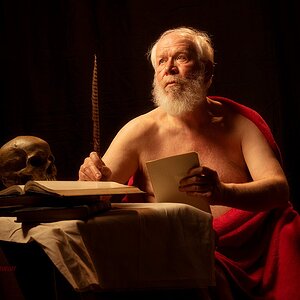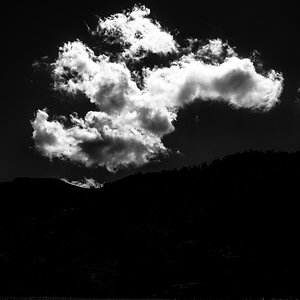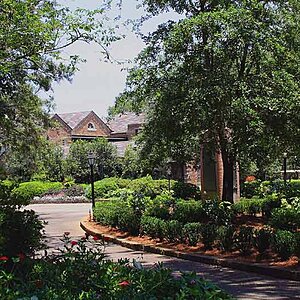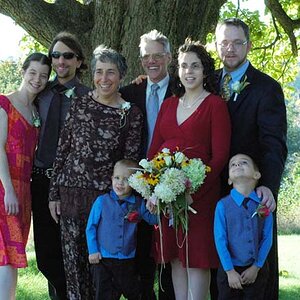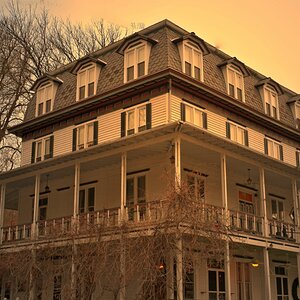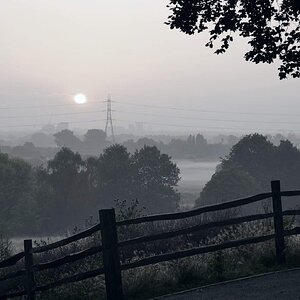I have purchased a Celestron Ultima Refractor 80 - 45 angled scope, and a Celestron Universal Digital Camera Adapter, to go with my (already owned) Panasonic Lumix TZ5 camera.
I am having a some problems with vignetting. Since I bought the scope I have found that the Lumix camera is not very suitable for digiscoping.
I am having my 65th birthday soon, so my wife is going to buy me a new camera.
I would like to know what is the best camera to go with my Celestron scope.
I am sure some of the experts will give me some suitable advice.
Many Thanks.
I am having a some problems with vignetting. Since I bought the scope I have found that the Lumix camera is not very suitable for digiscoping.
I am having my 65th birthday soon, so my wife is going to buy me a new camera.
I would like to know what is the best camera to go with my Celestron scope.
I am sure some of the experts will give me some suitable advice.
Many Thanks.


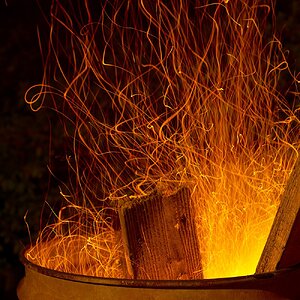
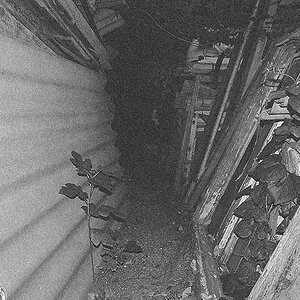
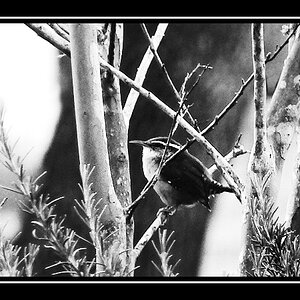
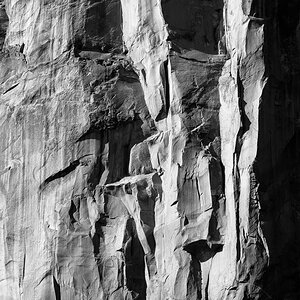
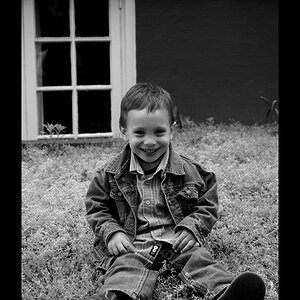
![[No title]](/data/xfmg/thumbnail/39/39271-04ff6ce1fbcda2b0d41ad7ee08cff91a.jpg?1619738950)
